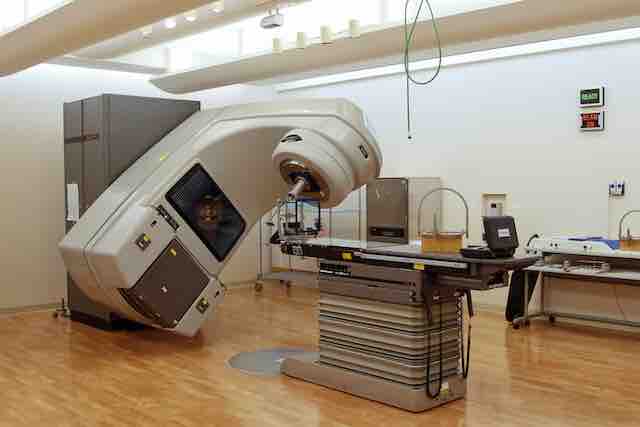Cancer screenings have long been touted as a cornerstone of preventive healthcare, allowing for early detection and treatment of potentially life-threatening diseases. However, a new study has ignited a debate by questioning the widely accepted notion that cancer screenings always lead to extended lifespans.
The Study Unveiled
Published in a prominent medical journal, the study examined the impact of various cancer screenings on overall mortality rates. Surprisingly, the results indicated that a majority of cancer screenings did not exhibit a significant extension of life. This finding challenges the assumption that all forms of cancer screening inherently contribute to longer lifespans.
Interpreting the Results
Before you decide to cancel your next medical appointment, it’s essential to dive into the nuances of the study’s findings. While the results may seem disheartening at first glance, there are important factors to consider. The study focused on the impact of screenings on overall mortality, which doesn’t necessarily account for other crucial aspects such as improved quality of life, reduced treatment intensity, and the potential for successful treatment due to early detection.
The Role of Early Detection
The study’s results should not overshadow the undeniable benefits of early cancer detection. Many successful treatment stories can be attributed to catching cancer in its early stages when it’s more manageable and less aggressive. While a screening might not directly extend life, it could lead to timely interventions that improve the chances of successful treatment and a higher quality of life during and after treatment.
Individualized Approach to Screening
It’s important to note that each individual’s health profile is unique. Factors such as age, family history, lifestyle choices, and existing medical conditions play a significant role in determining the appropriateness and effectiveness of cancer screenings. Consult with your healthcare provider to assess which screenings are relevant to your situation and discuss the potential benefits and risks.
Balancing Expectations
While the study’s findings encourage a critical examination of the relationship between cancer screenings and lifespan extension, they also emphasize the need to manage expectations. Not all screenings are created equal, and their efficacy can vary based on the type of cancer, the age of the individual, and other factors. Rather than focusing solely on extending life, consider screenings as tools for early detection and informed decision-making.
In light of the recent study challenging the direct link between cancer screenings and lifespan extension, it’s crucial to adopt a balanced perspective. Cancer screenings remain invaluable for their potential to catch diseases in their early stages, enabling timely interventions that can improve treatment outcomes and quality of life. Rather than canceling appointments, individuals should engage in open conversations with their healthcare providers to determine which screenings align with their unique health circumstances. Remember, while cancer screenings might not universally extend life, they can undoubtedly enhance its quality.












